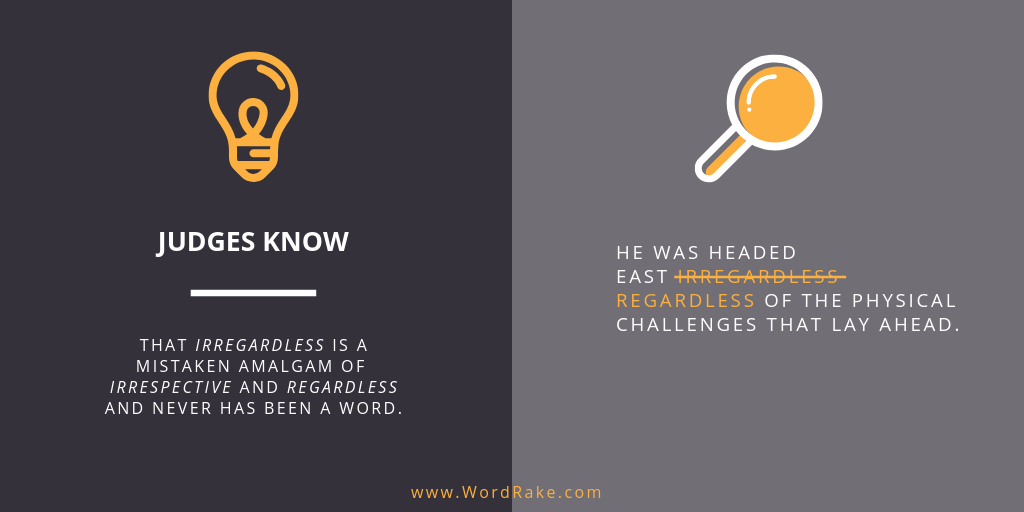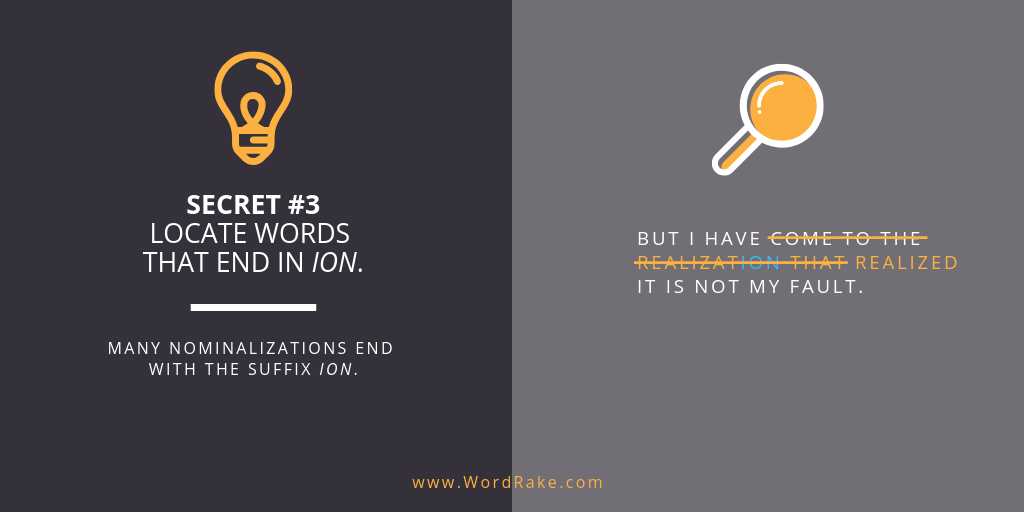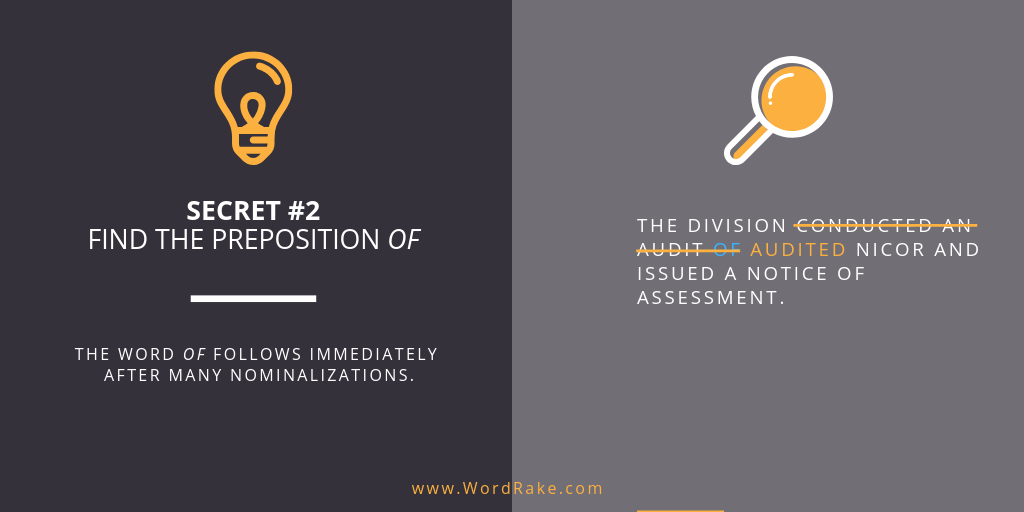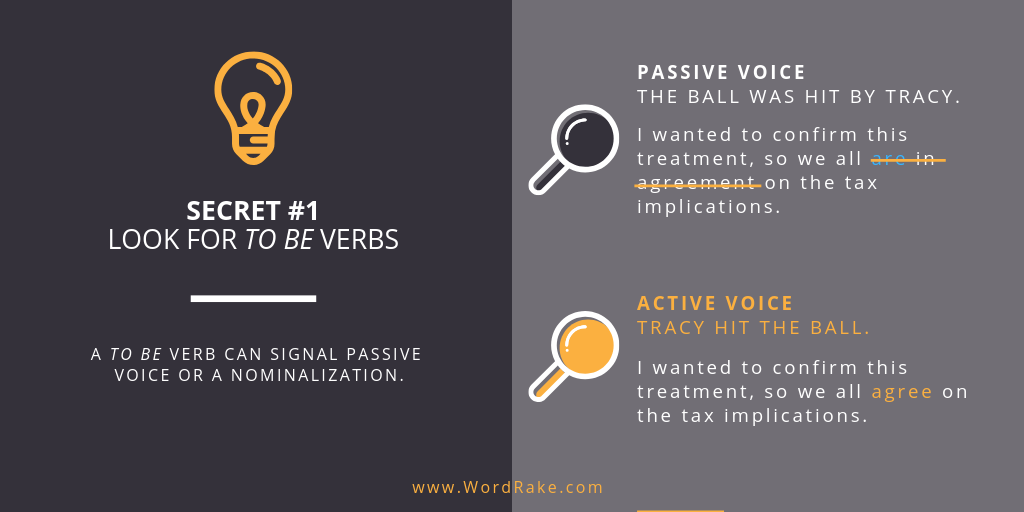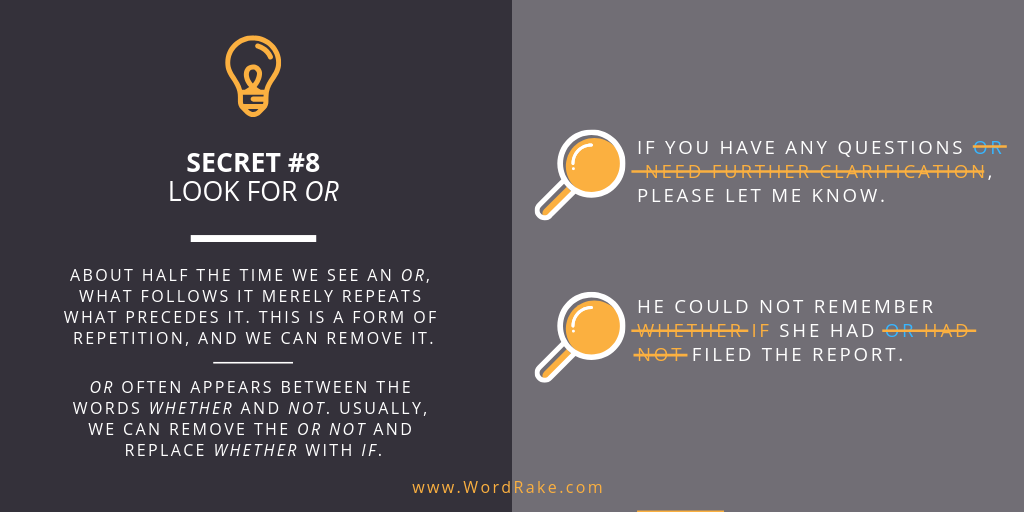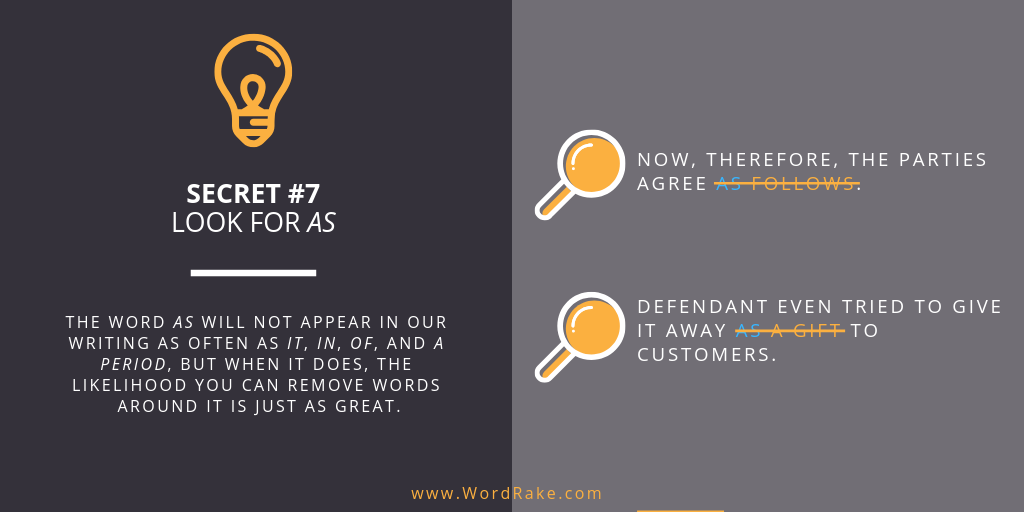Pronouns help writers shorten their sentences and vary their word choices so writing doesn’t seem repetitive. A pronoun is a short, generic word that replaces a noun. It can have one of three jobs:
Continue readingWhat difference can three or four letters make? When they form pronouns, these short words can have a big impact. Pronouns are words used in place of other nouns. They reduce repetition, which improves the clarity, pace, and flow of a sentence or paragraph. Without pronouns, sentences would be longer and messier and communication would become more difficult. In a world without pronouns, reading and speaking would be painfully boring. To see the difference pronouns can make, consider these two sentences.
Continue readingIf you confuse the words affect and effect, you’re not alone. These two words are some of the most commonly confused words in the English language! Because they sound alike, it can be even harder to keep them straight.
Continue readingThough we may be hired to interpret and apply the law, our clients rely on our writing skills to accurately capture their intent. It’s irresponsible to discount punctuation rules as pedantic and useless. Lawyers must get three comma rules right:
Continue readingIn this legal writing edition of infographics, we’re offering tips that Judges Know. With years of education and professional experience, judges are a wealth of knowledge on legal writing. Follow along as we offer examples that Judges Know that you can apply to your own writing today.
Continue readingIn this 3-part series of infographics, we’re breaking down each of the 3 Secrets to Writing Bright & Lively Sentences. Follow along as we offer quick tips and examples that you easily can apply to your own writing today.
Continue readingIn this 3-part series of infographics, we’re breaking down each of the 3 Secrets to Writing Bright & Lively Sentences. Follow along as we offer quick tips and examples that you easily can apply to your own writing today.
Continue readingIn this 3-part series of infographics, we’re breaking down each of the 3 Secrets to Writing Bright & Lively Sentences. Follow along as we offer quick tips and examples that you easily can apply to your own writing today.
Continue readingIn this 8-part series of infographics, we’re breaking down each of the 8 Secrets to Writing Clearly & Concisely. Follow along as we offer quick tips and examples that you easily can apply to your own writing today.
Continue readingIn this 8-part series of infographics, we’re breaking down each of the 8 Secrets to Writing Clearly & Concisely. Follow along as we offer quick tips and examples that you easily can apply to your own writing today.
Continue reading



